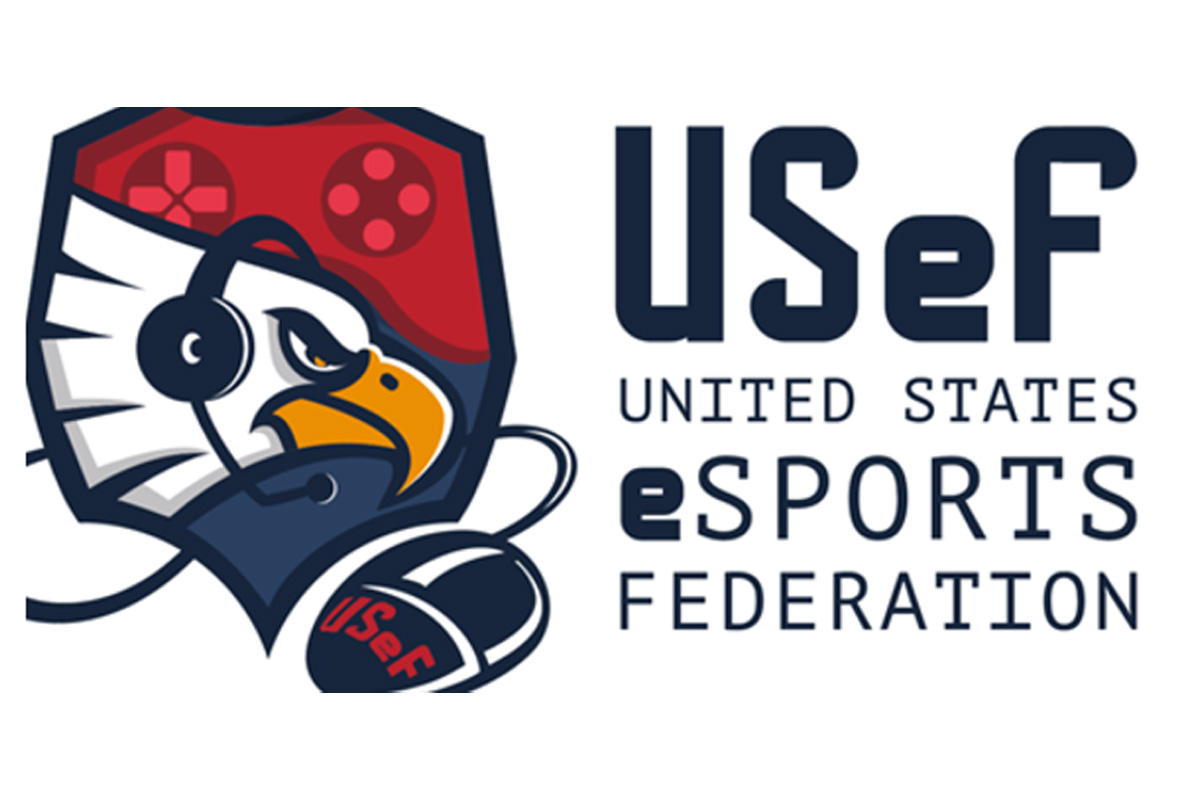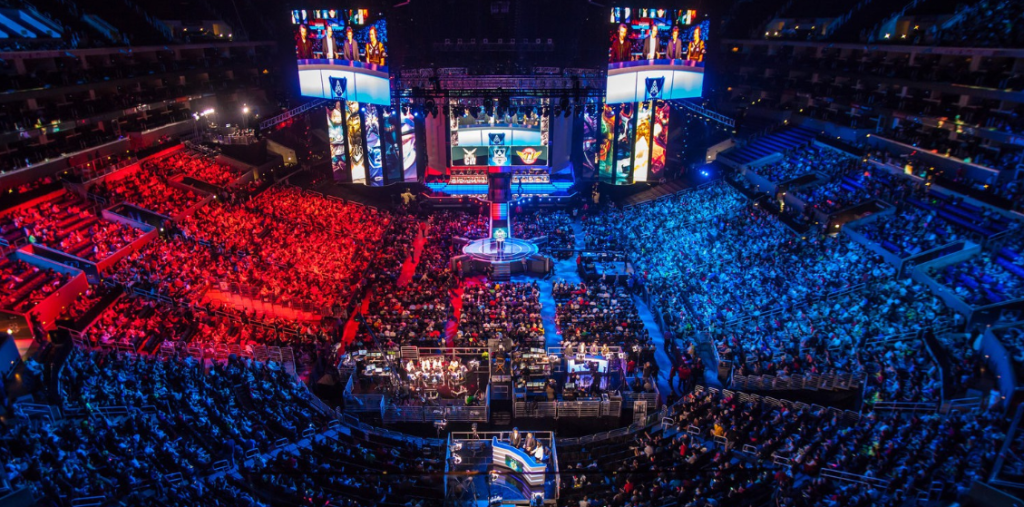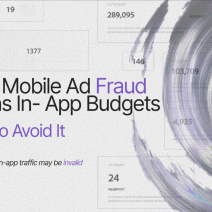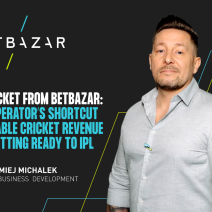
In the United States, a New Championship Esports Qualifying Series Will Debut
The crypto, esports, and gambling industry has been growing at an equal pace over the past few years. Naturally, states try to invest as much as possible in these sectors. Especially in the Esports sector, almost all countries compete with each other.
The most important of these countries is undoubtedly the United States of America. The USA is preparing for a significant Esports initiative in the year 2022. In the statement made by the USEF, the United States Esports Federation, they stated that they have a plan to cover the whole country. They also announced at the USEF Esports industry conference that they are starting to develop national championship tournaments that could be the first of their kind.
In addition, USEF will run an incentive campaign to attract Esports players and fans from all over the country. Then, the USEF announced that it would launch national qualifiers to form the US National Esports team. It seems that the rise of Esports will continue in 2022.
We decided to evaluate the relationship between USEF and Esports in today’s article. We will also briefly touch on the reflections of the rise of Esports on the crypto and gambling industry. If you’re ready, let’s start.
Esports is Growing Rapidly Globally
As we mentioned at the beginning of our article, the esports, crypto and gambling industry continues to grow at an equal pace. Because these three sectors continue to create a different ecosystem by influencing each other. For example, different platforms that allow you to bet on esports using crypto, such as Thunderpick have started to emerge. No matter where you live, you can place bets on online Esports tournaments around the world. This also helps the Esports ecosystem flourish. Sponsorships, partnerships and many other agreements are making the sectors come alive.
Naturally, governments want to get their share from a sector where cash flow is very high. We can see the first example of this with the United States. They want to identify the best players by starting a national Esports qualifying process.
However, they also want to create a forensic and standard elimination system for National team selection. It is also within the scope of organizing many tournaments to discover the best of USA’s digital world. Especially the fact that these tournaments are on a national scale is of great interest to municipalities and venues in that region. Because we think that the economic activity in the regions belonging to the cities where major Esports tournaments are held will be positively affected.
There are also Esports related initiatives in some schools at the moment. Perhaps in the future there will even be lessons like how and why to start Esports in all schools. Regardless, the future of Esports seems to cover the entire system.
USEF’s Goals
USEF’s newly elected president, David Geddes, made a series of statements about the process at the Esports travel summit. Florida has called to attend the conference with the leading names of the industry to be held in Daytona Beach. While the conference was organized by the Esports Travel Summit, the company’s vice president, Jason Gewirtz, made the following statement:
“The Esports Travel Summit was designed to bring together stakeholders in the esports industry to help support the growth of in-person esports events,”
When he came to the partnership with the USEF, he continued his words as follows;
“the perfect example of the kinds of connections we are looking to foster with our event, since their approach to uniting stakeholders and growing a national team is the best of what we see in the future of esports events. We’re excited to offer attendees in Daytona the chance to meet them and hear more about their vision for the future.”

Comments by General Manager David Geddes
Given the partnership, Mr. Geddes from USEF is very optimistic about the new plans. He started his speech by referring to covid and then the Esports industry and continued his words as follows;
“We are very excited by the post-covid wave of interest to host in-person competitions, the esports industry is unifying just like other NGBs, such as USA Soccer or USA Climbing.”
He also added the following to his speech on establishing a national team for Esports;
“He went on to add, “I am so delighted when I think about how our nation’s esports competitors will face off to qualify for the national team – celebrity esports athletes will be made during our championship series of events.”
USEF has now stepped up the work for the Esports team that will form the entire USA national team. They are considering sending a team to the IESF Panama cup in Buenos Aires. Likewise, it appears that they have long-term plans to participate in the 2022 IESF World championship in Indonesia.

Final Words
We greatly appreciate initiatives such as the USEF and IESF that will accelerate the development of Esports. In addition, the growth of Esports enables the development of sectors such as crypto and gambling. The Esports industry is expected to grow up to US$1.62 billion in the coming years. Currently, according to current figures, this value was equivalent to US$ 1.084 billion by 2021.
In fact, let’s take a look at the biggest Esports tournaments of 2022. Then you can understand exactly what we mean.
It seems that in the future, investments in Esports teams and players will increase considerably. We may start seeing Esports internationally, even at the Olympic games. This sounds extremely exciting.
If you want to access up-to-date information about the Esports world, don’t forget to follow us. Goodbye!










